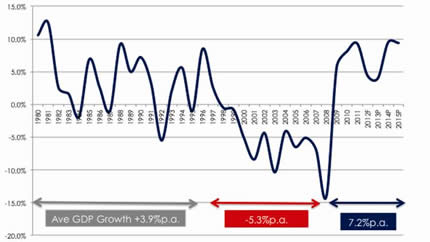Massive water disconnections loom

 Innocent Ruwende Municipal Reporter—
Innocent Ruwende Municipal Reporter—
Harare residents and businesses should brace for massive water cuts after the city got the green light to disconnect defaulters without a court order, provided it follows provisions of the Harare (Water) By-laws S.164-1913, the High Court has ruled. The by-law requires that council gives 24 hours notice to affected parties before disconnecting supplies.
The High Court, however, said where the bill was genuinely disputed, there should be recourse at the courts before council disconnected the water supply.
Related stories:
- Water disconnections unconstitutional: Court
- Harare cuts off water defaulters
- ‘Arbitrary water disconnections illegal’
- Council disconnects defaulters’ water supplies
- Defaulting residents get summons
- Byo starts massive disconnections
- Water cuts for defaulters
- Council to contest ruling on water disconnections
The judgment is likely to trigger massive domestic and industrial water disconnections to force residents and businesses — who collectively owe the city in excess of $500 million — to pay up their bills.
The court made the ruling in a case in which Harare lawyer, Mr Tinofara Hove, took Harare City Council to the High Court seeking to interdict the city from disconnecting his water supplies without a court order after accruing an $18 600 water bill.
According to recent minutes of the Environmental Management Committee, acting chamber secretary Mr Charles Kandemiri reported that Mr Hove was the registered owner of a property in Hillside, Harare.
The property is situated in a residential zone. However, Mr Hove used the property as offices as he was operating an illegal practice, Tinofara Kudakwashe Hove Law Chamber from the property without a change of use permit.
“The committee noted that council started to charge him commercial rates even though he did not have a change of use permit since the property was being used for commercial purposes. At the time of the application, Mr Hove’s bills had risen to $18 876.” “Due to the fear of having his water supplies disconnected because of the high bill, he filed an application for an interdict at the High Court.
In the application he sought for an order to interdict City of Harare from disconnecting water supplies to his property without a court order and that the city supplied him with a detailed breakdown of the rates and water bills and also that council be ordered to charge him residential tariffs not commercial tariffs,” reads the minutes. The High Court noted that the Harare (Water) By-laws were still valid and could be applied by council provided it follows the provisions of the by-laws.
“The court’s reasoning in summary was that the court noted that, “in view of the foregoing it is my conclusion that where the bill is genuinely disputed there should be recourse to the courts before council disconnects the water supply to the consumer. In the Mushoriwa case the court was concerned with the unlawful arbitrary disconnection of water on the basis of a disputed water bill.
“I believe that where there is a genuine dispute there should be recourse to the courts for remedies, but in a case where the charges are being disputed for the sake of avoiding payment and buying time no such recourse is necessary,” ruled the court.
Mr Kandemiri said the court noted that council did not need a court order before enforcing its by-laws and that Mr Hove’s property could not be levied using domestic tariffs yet he was using it for commercial purpose.











Comments